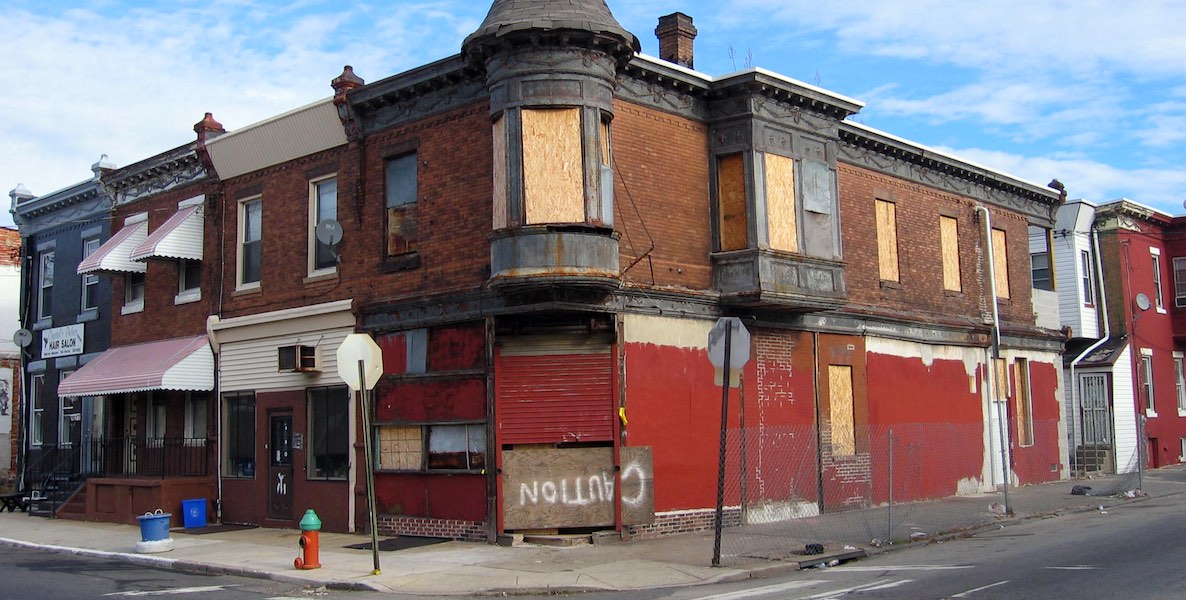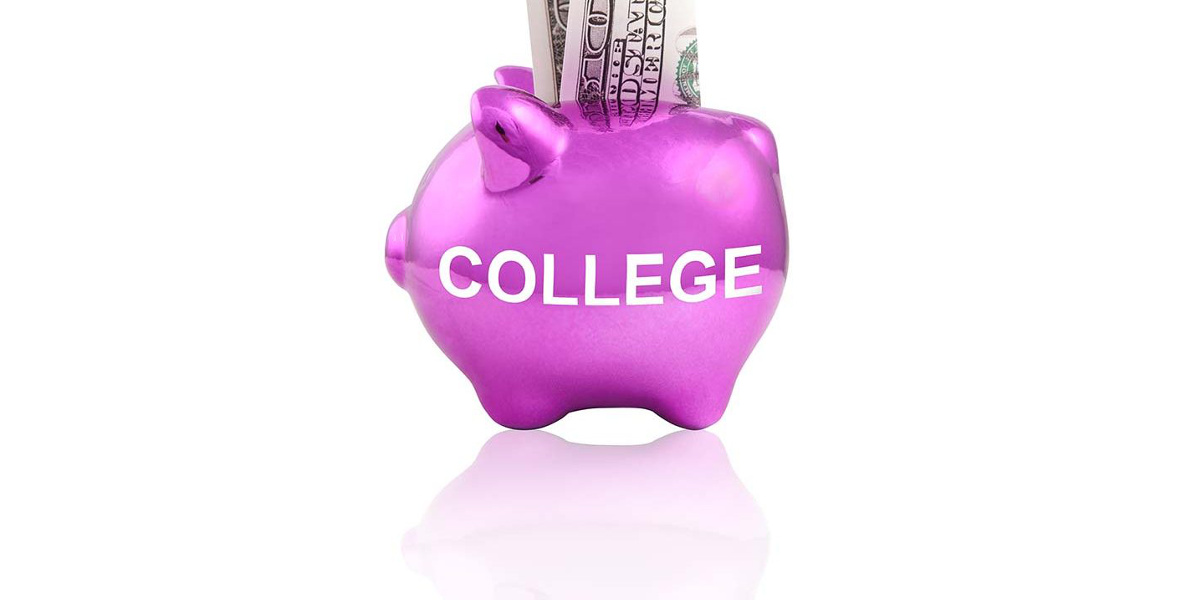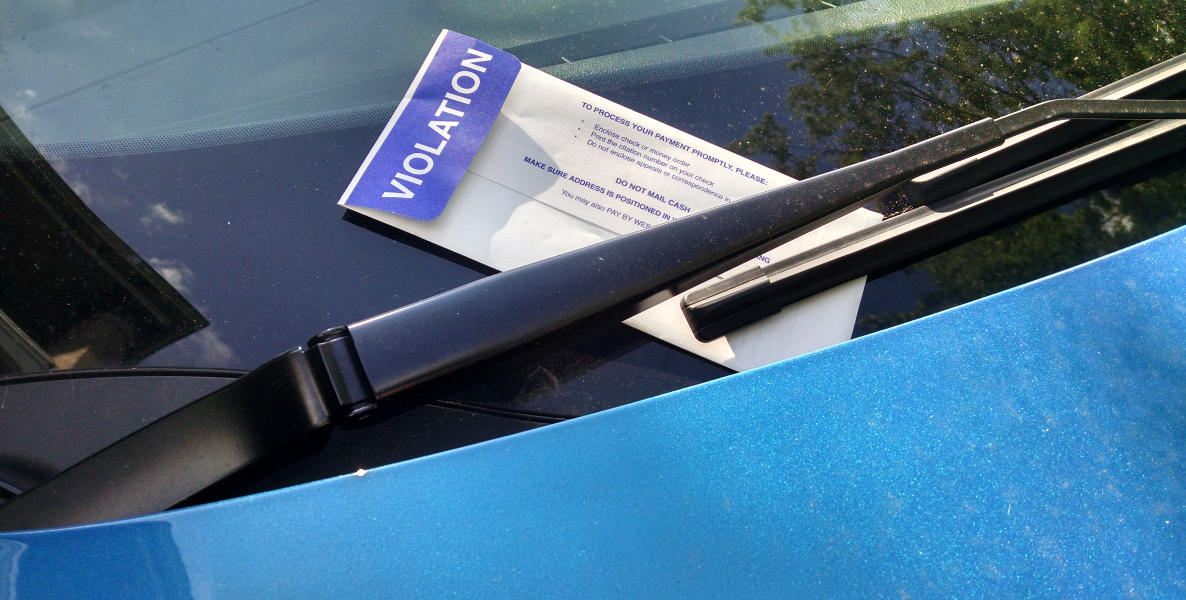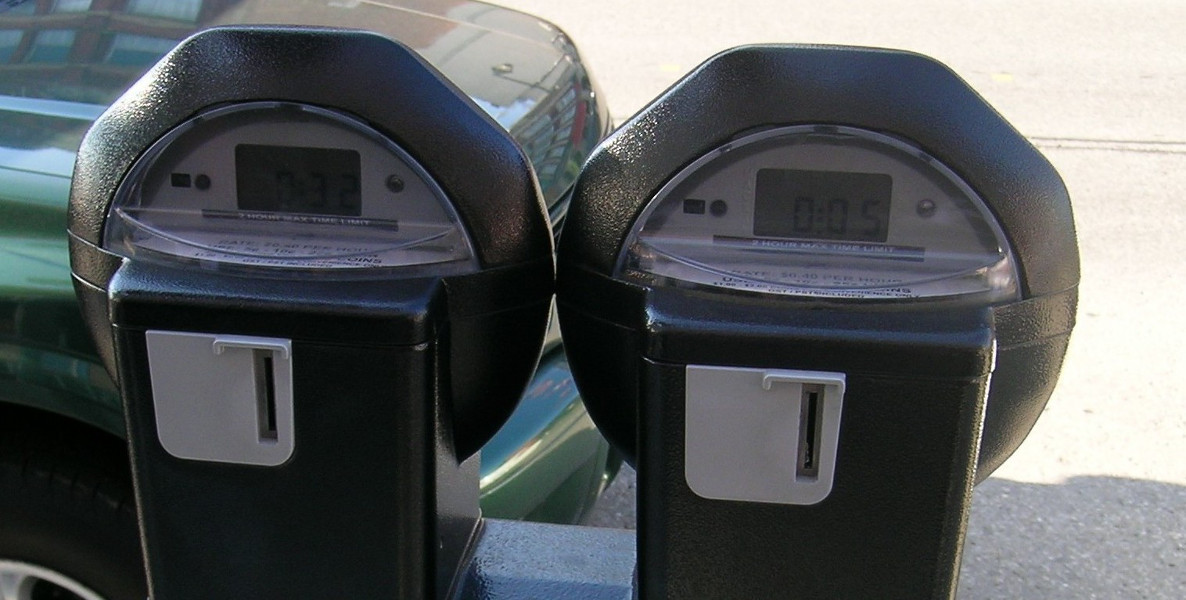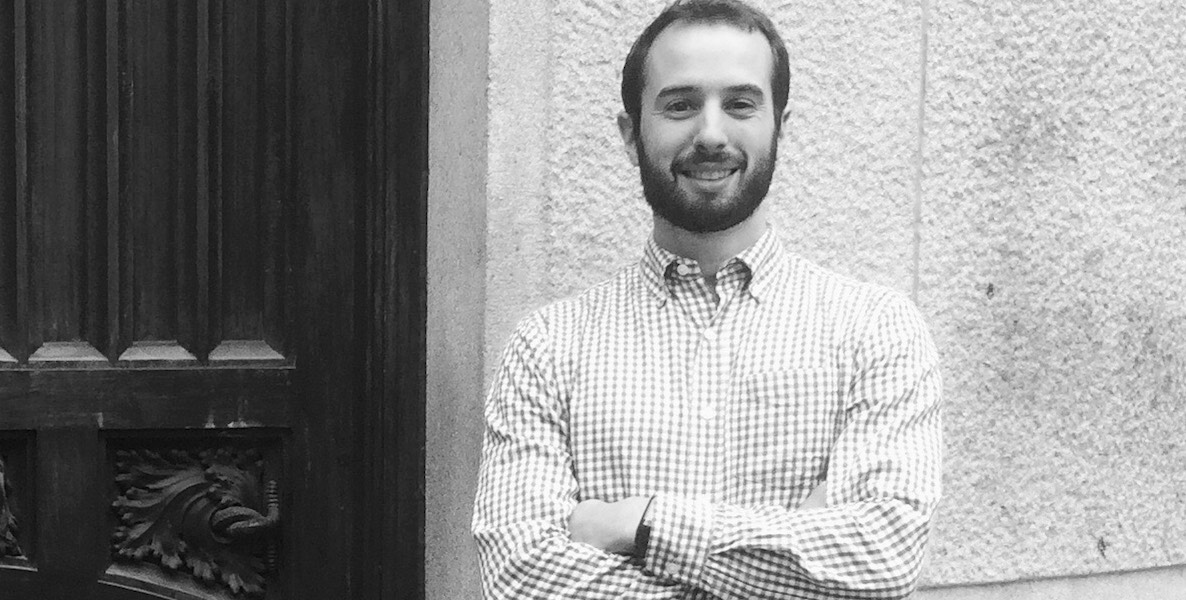You know the feeling. You drive somewhere unfamiliar in Philadelphia. You circle for 10 minutes trying to find a parking spot, cursing every driveway, every fire hydrant, and every opening that’s just too small for your car. You’re five blocks away from where you wanted to be when finally, finally, you find a parking spot.
But wait, is this too good to be true? Why hasn’t anyone parked here yet? What am I missing? You look around for parking signs, but there isn’t one near you (naturally). You walk to the very end of the block, where there is a sign that might as well be written in Morse code. You stare at it for five minutes, trying to decipher its complex riddle. You finally decide that your parking job is legal, and hike the five blocks back to where you wanted to be in the first place, safe in the knowledge that you, fair traveler, have conquered the beast that is parking in Philadelphia.
And when you get back to your car? A shiny new blue-and-white parking ticket is tucked neatly under your windshield wiper. You go through the stages of grief in rapid succession. Denial: “This must be on the wrong car.” but a quick read of the ticket dispels that thought. Anger: “F*#! this, I’m going to appeal,” although little good that’s likely to do. Bargaining isn’t much use since that evil ticket agent is nowhere to be found, so depression and begrudging acceptance soon follow.
But wait, why does appealing the ticket have to be such a hopeless cause? The main reason is that you have to do it on your own, and you’re probably no expert in Philadelphia parking regulations. You’re certainly not going to hire a lawyer to contest a $26 parking ticket (unless you have a lot of time, money, and hatred, of course).
But if you live in New York City or the United Kingdom, you actually do have an option. DoNotPay, an app developed by Joshua Browder (an undergraduate student at Stanford University), is basically a free online lawyer for parking tickets. It’s an incredibly simple process: The program simply asks a series of simple questions about why you feel you shouldn’t have received the ticket. It then gathers basic information, like your name and the ticket number. And then it submits your appeal. Easy peasy.
DoNotPay’s success rate is staggering. In its first 21 months of operation, it handled 250,000 appeals—a quarter million!—and won 160,000 of them. With a 64 percent success rate, it’s even more effective than Brian Fantana’s cologne.
In Philadelphia, over 1.6 million tickets are issued each year, per spokesman Mike Dunn. Just under 10 percent of those are ever appealed, and of those appealed, only 25 percent are successful. That means that only about two percent of all parking tickets are overturned. That’s only 32,000 tickets. Even if DoNotPay was only used by people who already appeal their tickets, the jump from 25 percent success rate to 64 percent would mean an additional 70,000 tickets overturned. At about $26 per ticket (the amount of the ticket I still have sitting on my desk), that would be nearly $1.9 million back in the pockets of innocent Philadelphia drivers.
Ironically, actually appealing a ticket in Philadelphia isn’t all that hard. We even have an online system (there’s a separate system for meter-related violations as well). But there are two problems. First, when you’re submitting your appeal, all you can really do is describe why you feel an injustice has been done. You don’t have an expert on your side guiding you through the myriad ways a ticket can be held invalid. Second, if your online appeal fails, your only recourse is an in-person hearing. It’s often far too much hassle for a normal human to drive downtown—risking getting another parking ticket in the process—and taking half a day off of work to try to win back $26. And if you do try, and lose, then your recourse is to spend over $100 to appeal to the Court of Common Pleas.
Todd Bernstein, president of Global Citizen 365, found this out the hard way:
The fact that so few people are able to successfully appeal tickets removes one of the important checks on the entire system. The reason we have jury trials in criminal cases is to make sure—theoretically, at least—that the government doesn’t railroad people into convictions. But with parking tickets, the difficulty and infrequency of appeals means that ticket agents can dish out thousands of incorrect tickets without even worrying about whether the ticket was proper or not.
The problem is compounded for low-income individuals. Parking tickets, like sales taxes, are regressive; they take out a bigger percentage of a low-income person’s income than that of a high-income person. Wealthier people can typically also afford private garages and off-street parking, leaving the rest of us plebeians to fight the parking wars. “The people getting parking tickets are the most vulnerable in society,” says Browder. “These people aren’t looking to break the law. I think they’re being exploited as a revenue source by the local government.”
So many legal tasks are straightforward in terms of the underlying law, but involve so much red tape and so many asinine procedures that it’s nearly impossible to get justice without paying a lawyer to help. Just think about how much work it would be to sue your landlord for stealing your $500 security deposit: Unless you know a lot about the process already, it’s probably not worth it financially to hire a lawyer, leaving cheesy landlords to consistently steal from their low-income tenants with no repercussions.
Projects like DoNotPay and Mike Hollander’s Expungement Generator, which we wrote about before, are exactly the types of innovative, user-friendly ideas that we need more of if we want to build a system of justice that’s truly open to all citizens.
Although it would depend on technical details, DoNotPay could work in Philadelphia. Legally, anyone can represent you when you contest a parking ticket, unlike in most court cases, where you have to hire an attorney. For low-level violations such as these, the law allows literally anyone—even a robot lawyer on the internet—to stand up for you.
Besides, who wants to talk to a human lawyer anyway?
Photo header: Stephen St.Vincent



